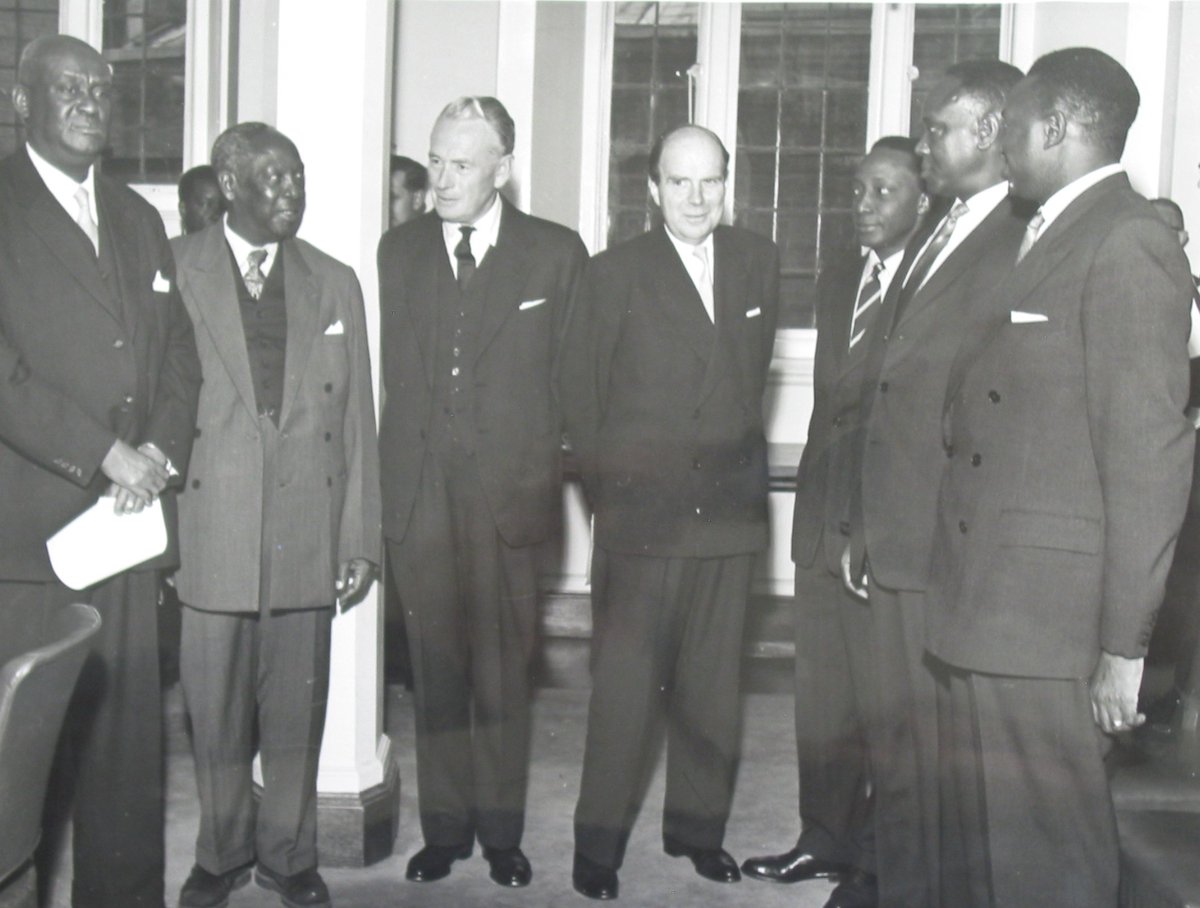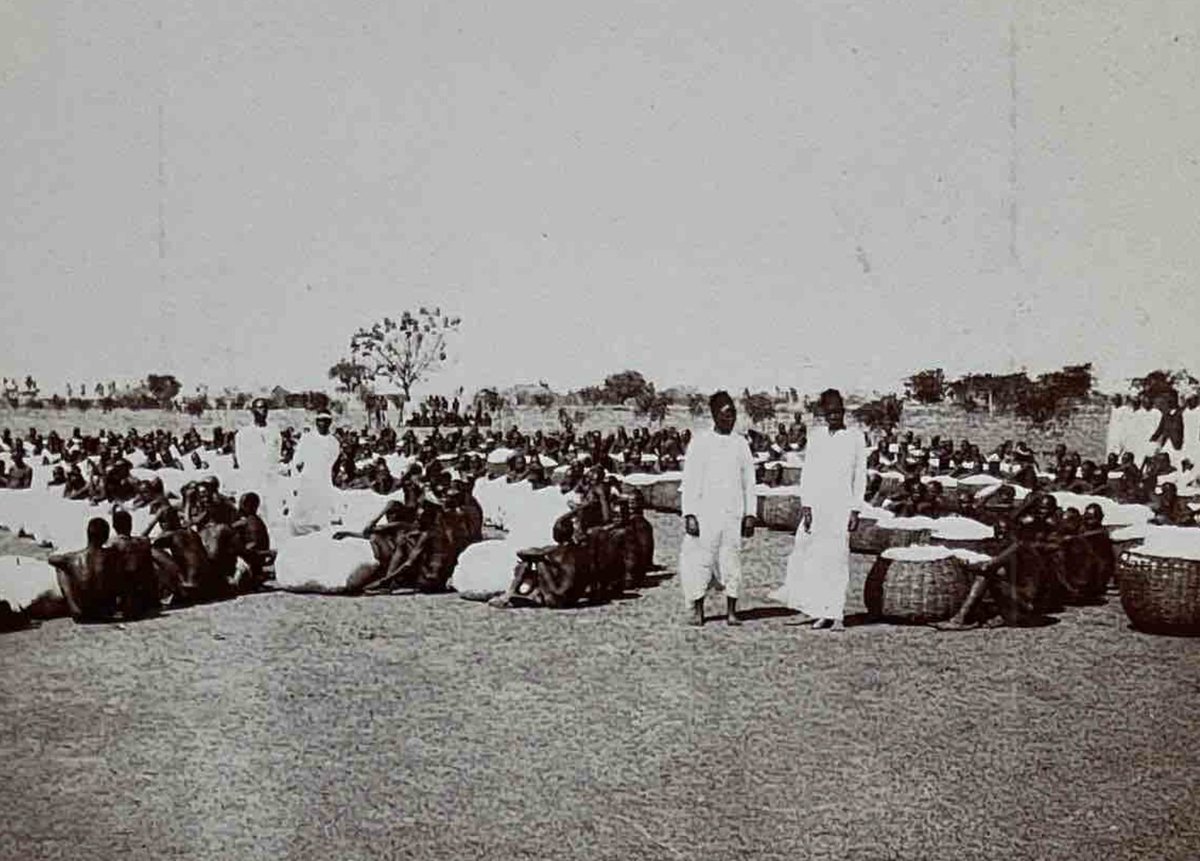As we remember the commemoration of the murder of UG’s first prime minister, Benedicto Kiwanuka, it is important to remember what exactly happened & how it all went down: “Matiya bantutte, naye abaana ba Maria tebafa.” (from Contesting Catholics, by @jamesjaycarney & me). 🧵 

At various points throughout the 1960s, Benedicto Kiwanuka revealed a vivid sense of his own vulnerability. The death threats and anti-DP violence that marked the 1961 and 1962 elections left their wounds, 

building on a personality keenly attuned of any perceived slight. Kicked out of his government housing in late '62, he built a new home on Masaka Road marked by seven-foot-high walls and barbed wire. Asked to explain these security features, Kiwanuka bluntly responded,
‘I do not think the threats against me have been exaggerated, but I will be safe here’. Later in the decade, he purchased life insurance and bought a gun. In his private notes, Kiwanuka ruminated on his own death. 
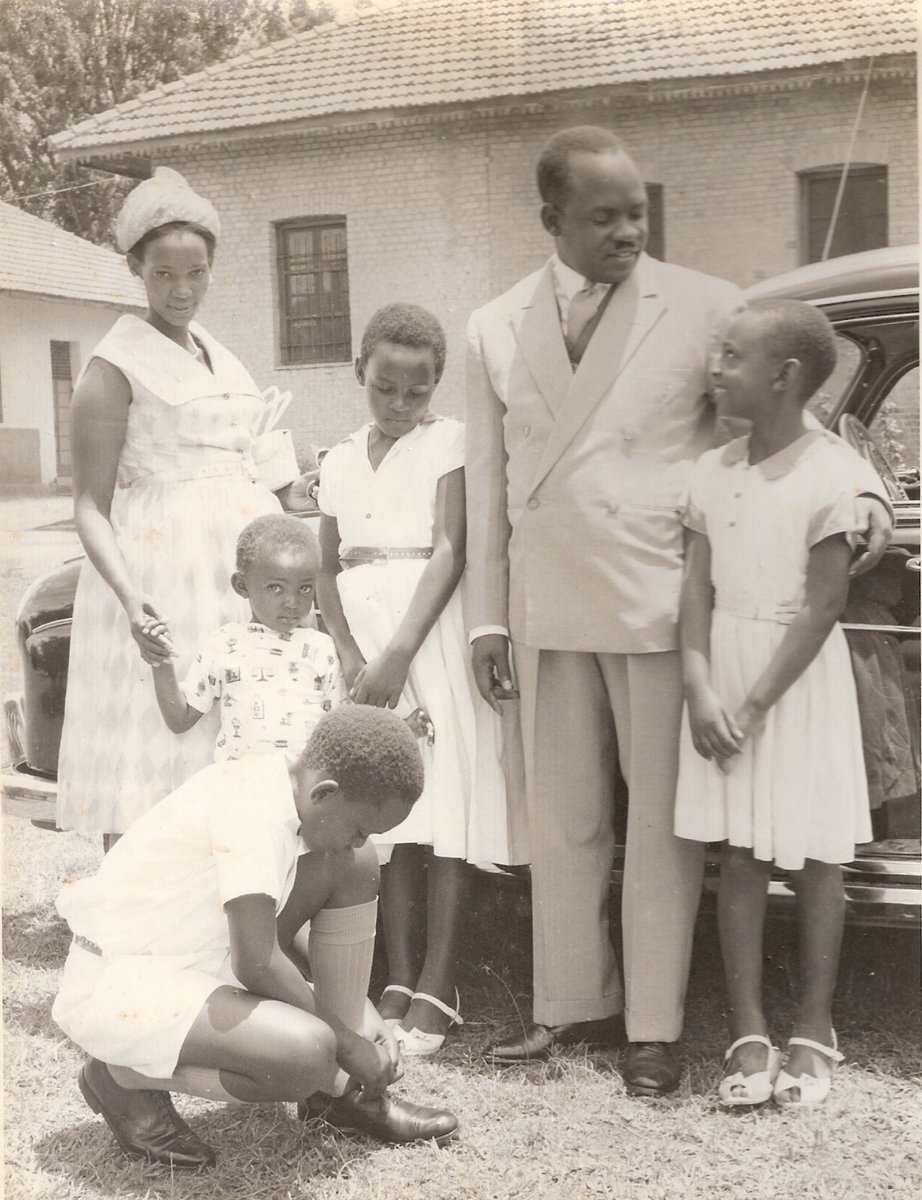
‘But as for myself I am going to leave my protection to God. If it pleases Him for me to die let it be. I shall do my work at His place. The only question is to be prepared at all times.’
The discourse of Kiwanuka and DP throughout the 1960s was deeply shaped by themes of suffering, persecution, and anticipation of death.
The coup d’état of General Idi Amin Dada on 25.1. 71 initially portended much better tidings. If Kiwanuka’s ‘69 arrests and detention as a political prisoner inculcated a lived experience of suffering, 
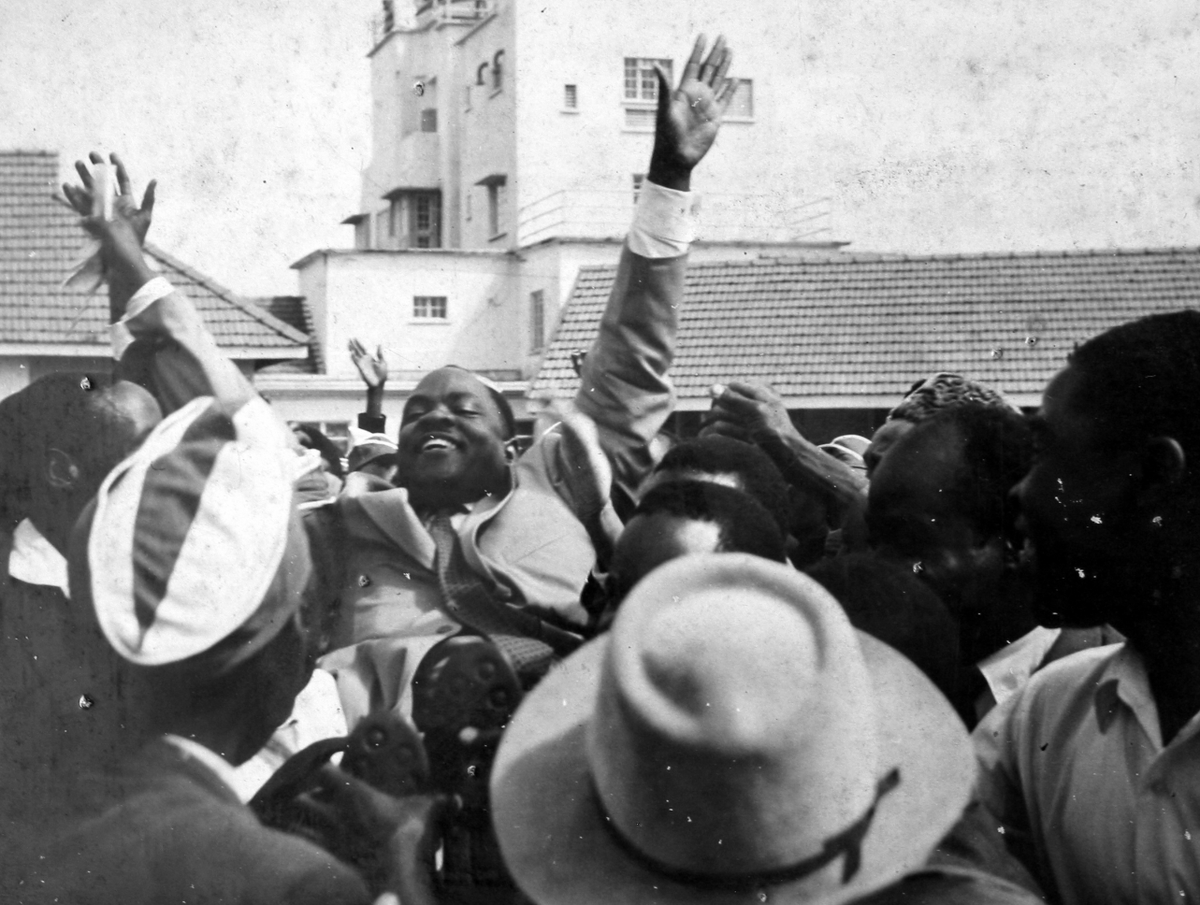
Amin’s decision to free Kiwanuka seemed to represent the long-delayed ‘day of deliverance’ that DP had predicted throughout Obote’s rule.
In the days and weeks following the coup, DP leaders were gushing in their gratitude toward the general who professed that he ‘feared no man on this earth apart from God’. Despite the undemocratic nature of a military coup, Alex Latim,
secretary of the DP, praised Amin as the ‘Liberator of our freedom in Democracy’. A week after his release from detention, Kiwanuka thanked Amin for having ‘saved the country from totalitarianism, tyranny, corruption, and nepotism’, describing him as the ‘agent of Almighty God’.
He went even further in a March '71 speech at a dinner hosted by Amin. Comparing the ‘wild jubilation’ in Uganda at the fall of Obote to Europe’s celebrations at the end of WW2, Kiwanuka made the astounding claim that Obote’s crimes surpassed those of Adolf Hitler.
Condemned to die by their ‘diabolical enemy’ Obote, the Baganda prisoners’ release from prison ‘meant real resurrection’. In essence, Amin had become Uganda’s Mosaic agent of a new Exodus, as the ex-detainees wrote in a public letter to Amin:
‘Remembering always, that as the Biblical Moses delivered the Jews out of Pharaoh’s bondage, so have you delivered the people of Uganda out of captivity and enslavement under Obote.’
Such obsequies also revealed Kiwanuka’s continuing ambitions to be a political player in post-colonial Uganda.
Kiwanuka was soon rewarded for his fealty to the ‘agent of Almighty God’. In June 1971, Amin announced Kiwanuka’s appointment as Chief Justice of the Supreme Court; Kiwanuka was the first Ugandan to serve in this office. According to the later testimony of his wife Maxencia,
Kiwanuka was reluctant to accept the position but ultimately acquiesced to Amin’s ‘begging’ and his friends’ entreaties. Whatever his ambivalence, Kiwanuka dove into the new job with his typical vigor.
He announced that he intended to meet with all local magistrates in Uganda to address problems of tardiness, drunkenness, lack of impartiality, and delayed judgments. He also promised to protect Ugandans against Government abuses,
‘not allowing you to be thrown into prison at the whims of an Executive as had happened in times past’. This reassertion of principle, accompanied by Kiwanuka’s trademark ‘sense of righteousness' and commitment to the ‘straight ways of justice’,
also planted the seeds of an emerging split with Amin. In September 1971, an Indian landowner approached Kiwanuka to protest government plans to appropriate his sugar plantation for a new Sango Bay airstrip. Hearing word of this meeting,
Amin’s cabinet officials murmured that ‘Kiwanuka should be watched’. In February 1972, a Ministry of Health official sought legal advice from Kiwanuka after his family was arrested at gunpoint by military police. Amin also personally distanced himself from Kiwanuka.
Although the two had shared a Christmas dinner with Kiwanuka’s family in 1971, they rarely fraternised in 1972. Amin rejected Kiwanuka’s invitation to his silver jubilee wedding anniversary,
and Kiwanuka refused to attend most public ceremonies after being snubbed at a government meeting in late 1971. In the meantime,
Kiwanuka expanded his life insurance policy. When the Uganda Argus was printed on 21 August 1972, the front cover announced, ‘All Asians Must Go’. Upon receiving his copy, Kiwanuka read closely. The original copy is preserved in Kiwanuka’s private collection, 
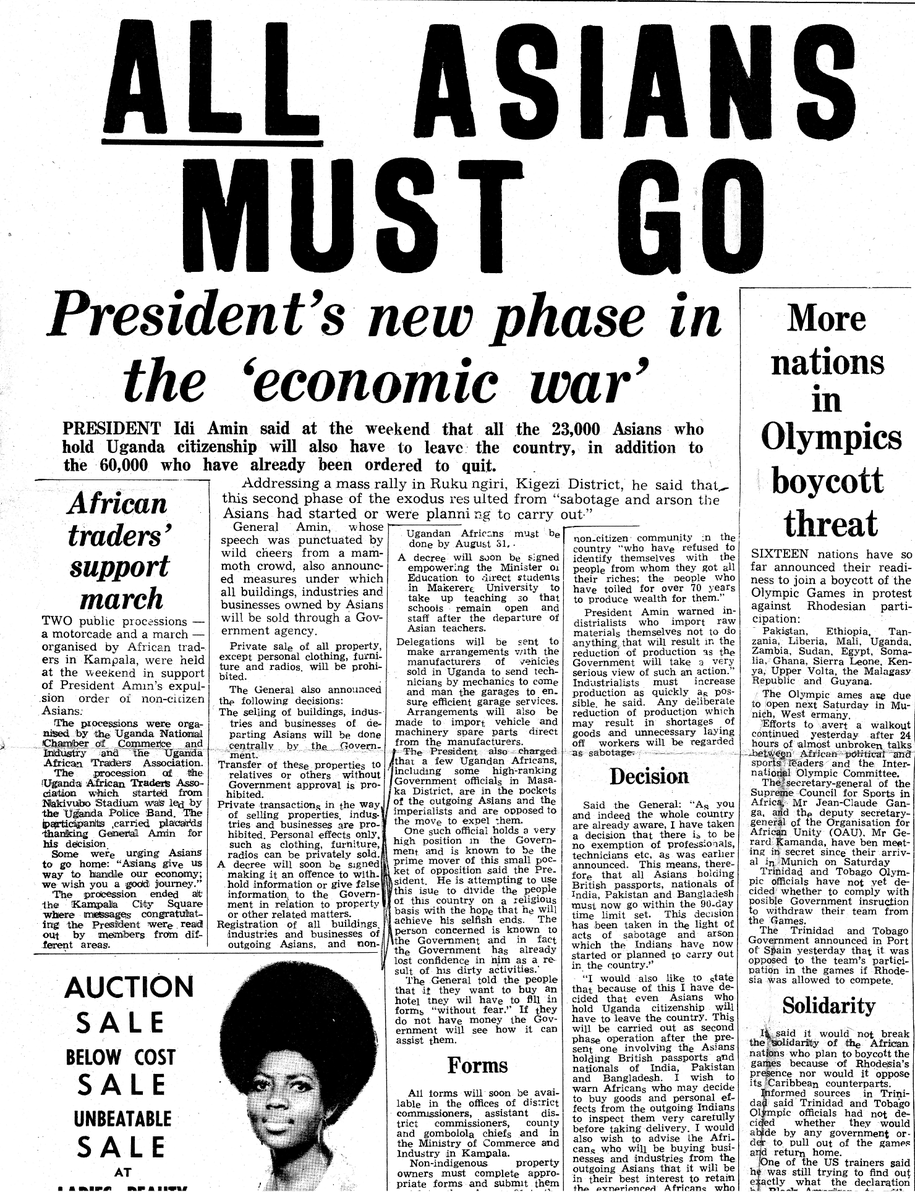
with annotated blue ink marks showing what captured the Chief Justice’s attention. The thickness of the annotated markings increased in the middle of the second paragraph, where the writer called Kiwanuka specifically into question,
implicating both his Catholicism and the Indian alliances he had cultivated in recent years. Protesting these accusations in a personal letter to Amin,
Kiwanuka denied that he ‘engaged in any activities’ opposing Amin’s decision to expel the Asians and called on Amin to quell swirling rumors about his imminent arrest and death.
Staring into the abyss, Kiwanuka again expressed his baseline conviction that God stood with him. ‘For it is not death that I fear, for there is no one who has insurance against it, but the fact that we have reached this stage. […] Let me hope,
however, that the Almighty God will come in and vindicate the cause of the just.’ As has been well-attested elsewhere, Kiwanuka’s decision to hear the case of British businessman Daniel Stewart sealed his final fate.
Stewart had been arrested without trial and detained at Luzira military barracks. Over the strenuous opposition of the Amin government,
the British High Commissioner requested that Kiwanuka hear the case. Kiwanuka concurred and granted Stewart a writ of habeas corpus, arguing that the executive branch should not dictate to the judicial branch. By mid-September, rumors swirled that Kiwanuka’s days were numbered.
Close confidants, including his wife, Archbishop Nsubuga, Fr Clement Kiggundu (the editor of Munno), and Fr Agostoni, urged him to flee the country. Kiwanuka stood firm, however,
insisting that ‘nothing can happen to him without God’s approval’ and that ‘we cannot allow our country to continue in this way because we are too threatened.
If we have to die, let’s die as martyrs rather than as cowards.’ Kiwanuka would not have to wait long for his opportunity to become a political martyr. On the morning of Friday, 21 September 1972, he partook in his daily practice of attending Mass at Rubaga Cathedral.
A week earlier he had taken the unusual step of requesting and receiving the Catholic sacrament of anointing, a ritual only granted in cases of serious illness or in anticipation of death. Shortly after 8 a.m., as Kiwanuka sat in his chambers,
plains-clothes intelligence officers with Uganda’s General Security Unit confronted him at gunpoint. As he was forced out of the building and into the trunk of a waiting Peugeot car, he shouted in Luganda to one of his assistants,
‘Matiya bantutte, naye abaana ba Maria tebafa’! (‘Mathias, they have taken me, but children of Mother Mary do not die’!) The car sped off, and Kiwanuka was never seen alive again.
• • •
Missing some Tweet in this thread? You can try to
force a refresh

 Read on Twitter
Read on Twitter


